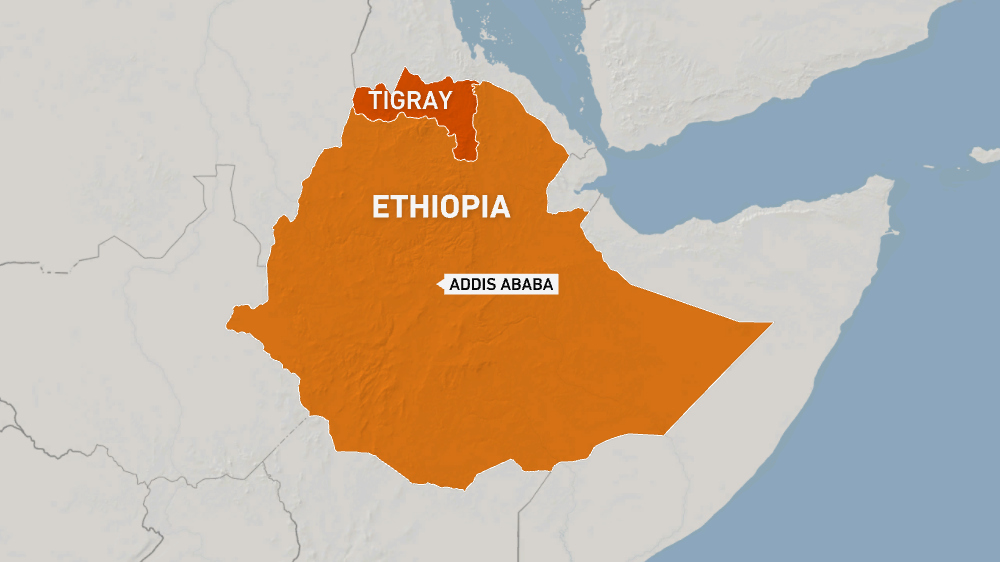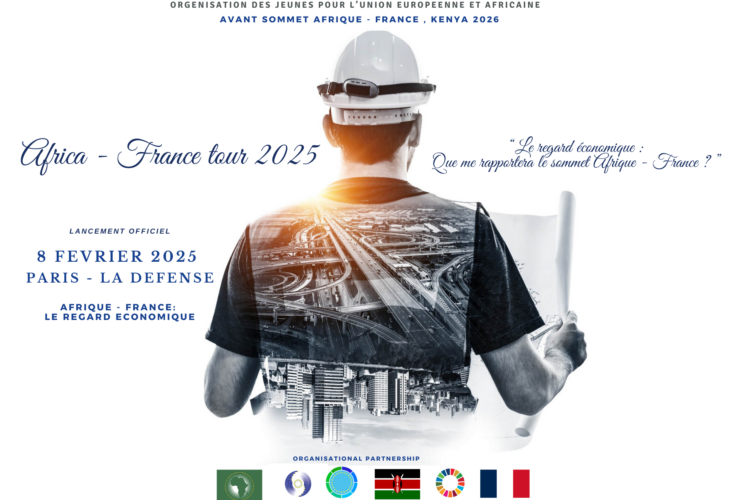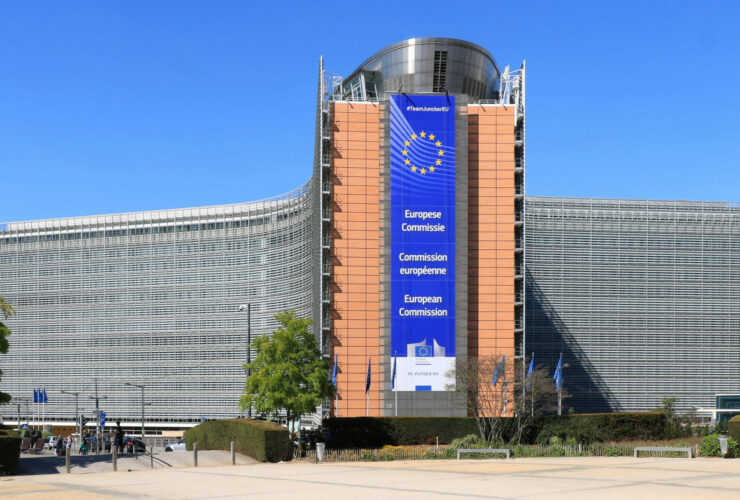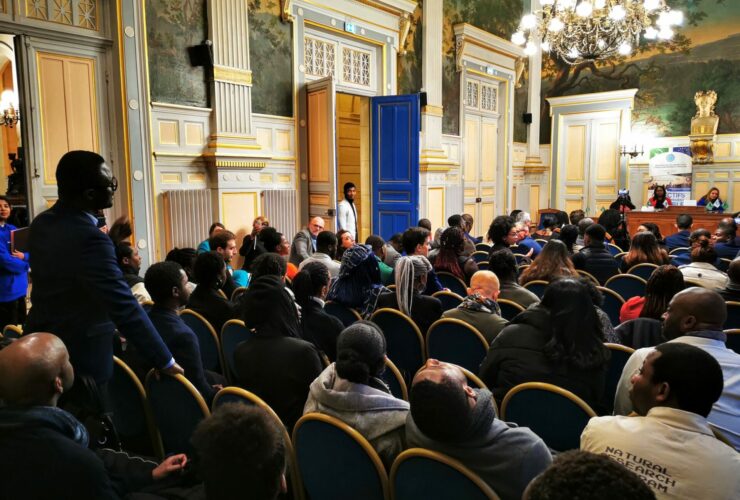You have probably already seen between two newsflashes on social media, television or even the radio, that Ethiopia is currently experiencing a civil war. But why?
Today, we decipher this conflict, its causes and consequences, so saddle up !
Second most populated country in Africa, Ethiopia is an African state surrounded by Sudan, Somalia and Eritrea. Considered as federal state, the former Italian colony is truly diverse, both in the ethnic groups and religions. Within its 10 regions, Tigray (or Tigré) is the one that is currently at the heart of the turmoil shaking the country since last year. This region at the North of Ethiopia is inhabited by 5 million Tigreans, possessing their own language and culture.
Large as Austria, Tigray has become the theatre of the civil war ever since the Tigray’s People Liberation Front (TPLT), main political movement in the region, tipped over from the opposition to separatism after the postponing of the elections of August 2020. On the 4th November 2020, the TPLT organised a raid against barracks of the Ethiopian army, located in the city of Mekele, in order to retrieve material and weapons.
The Ethiopian First Minister, Abiy Ahmed, reacted in a firm way, issuing an ultimatum to the rebel movement. In front of the TPLT’s lack of reaction, the politician therefore ordered a bombardment of the enemy positions, which allowed the Ethiopian army to regain terrain in the region. Apart from the direct victims of the conflict, it is the war crimes and exactions committed by both sides which prompted international forces to intervene and act as a mediator.
Moreover, fleeing the violence and brutality of the civil war, approximately 43.000 Tigreans migrated to Sudan, a number which could reach 200.000 according to the UN experts. About 400.000 persons also suffered from the famine caused by the war. Today, the conflict appears far from resolution, insofar as the organised attacks of the TPLT are rivalling with the central state’s arsenal. According to UN estimates, around 2.3 million persons require immediate humanitarian aid in the region, a number which does not cease to increase whilst the uncertainty spreads in the surrounding areas.
Furthermore, since Abiy Ahmed mobilised several times the principle of non-intervention, which is a fundamental pillar of international law, to repel external attempts at resolving the tensions. Considering these elements, the perspective of putting an end to the war in the near future appears quite far.
To learn more about the African and European news and cultures, don’t hesitate anymore, and follow our other social media:
Facebook : Organisation des jeunes pour l’Union européenne et africaine
Twitter : @jeunesueua
Instagram : @youtheuau
LinkedIn : Organisation des jeunes pour l’Union européenne et africaine
This article was written by Valentin BOSSHARD, member of the communications team, and member of the department of African affairs of the Youth Organisation for the European and African Union.






